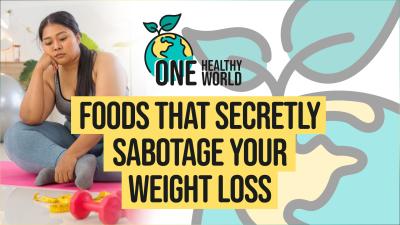Is Money the Leading Cause of Childhood Obesity?

“Who’s Making Money from Overweight Kids?” —the cover story in the summer issue of Good Medicine magazine—features a report on how the meat and dairy industry makes money when the U.S. Department of Agriculture and School Nutrition Association (which has its annual conference July 12-15) promote junk foods—such as nachos, chicken wings, and pepperoni pizza—in school lunches. Click here to read the report and my editorial from the issue.
“Who’s Making Money from Overweight Kids?” —the cover story in the summer issue of Good Medicine magazine—features a report on how the meat and dairy industry makes money when the U.S. Department of Agriculture and School Nutrition Association (which has its annual conference July 12-15) promote junk foods—such as nachos, chicken wings, and pepperoni pizza—in school lunches. Click here to read the report and my editorial from the issue.
Meat and dairy producers make hundreds of millions of dollars selling their wares to schools. And the U.S. government keeps school meal programs as friendly to their products as possible. When beef prices fall, the government buys beef; when dairy prices fall, the government buys cheese. So cheeseburgers flood into schools, cash floods into the food industry’s accounts, and another load of cholesterol and fat floods into children’s bodies. Meanwhile, the meat and dairy industries pay the School Nutrition Association for advertisements and booth space at its conventions to make sure their products are front and center in the lunch line.
Waiting around the corner is the pharmaceutical industry. As children become adults, their obesity, diabetes, hypertension, and heart disease foster a multibillion-dollar market for prescription drugs. The drug industry makes sure that doctors’ educational programs focus on prescriptions while the nutritional causes of disease are neglected.
Why don’t things change? Because your elected leaders need money, too, in the form of campaign donations, and they get plenty from the food industry and the drug industry.
Let’s change the scenario: What if children were served healthful foods in schools: vegetables, fruits, whole grains, and beans? What if they were to grow up without obesity, diabetes, and heart problems?
Sound unlikely? Well, it can happen. Just as the tobacco industry—as well-funded and politically mighty as it is—was tossed out of hospitals, restaurants, airplanes, universities, and public buildings, the same can happen with the purveyors of unhealthful foods.
Yes, there are many people making money from unhealthful foods, and they are politically powerful. But there are far more worried parents, doctors, nurses, dietitians, teachers, and principals who want to see an end to the victimization of children by industry.
The initial victories against tobacco were won by one smoker at a time throwing away his or her cigarettes, and the battle against unhealthful foods is being won the same way. Millions of people are changing their eating habits, and, in turn, they are influencing their families, schools, and work places. Government subsidies for unhealthful foods are slowly becoming less politically tenable.
Plenty of money will still be spent on school meals. But it will be for healthful foods, and it will be a sound investment in health.








